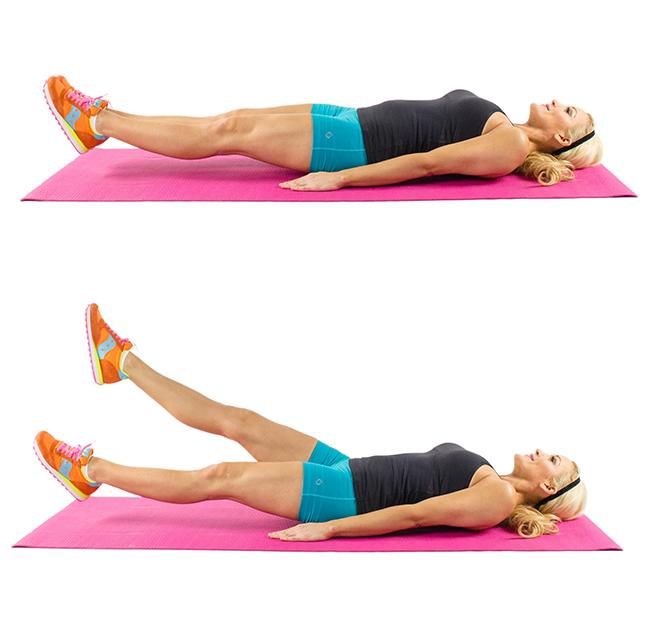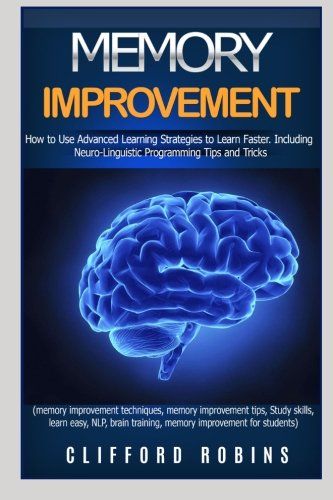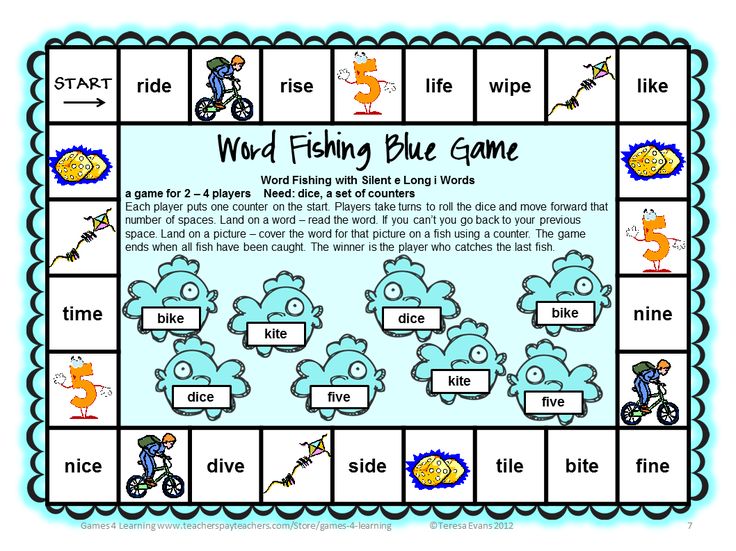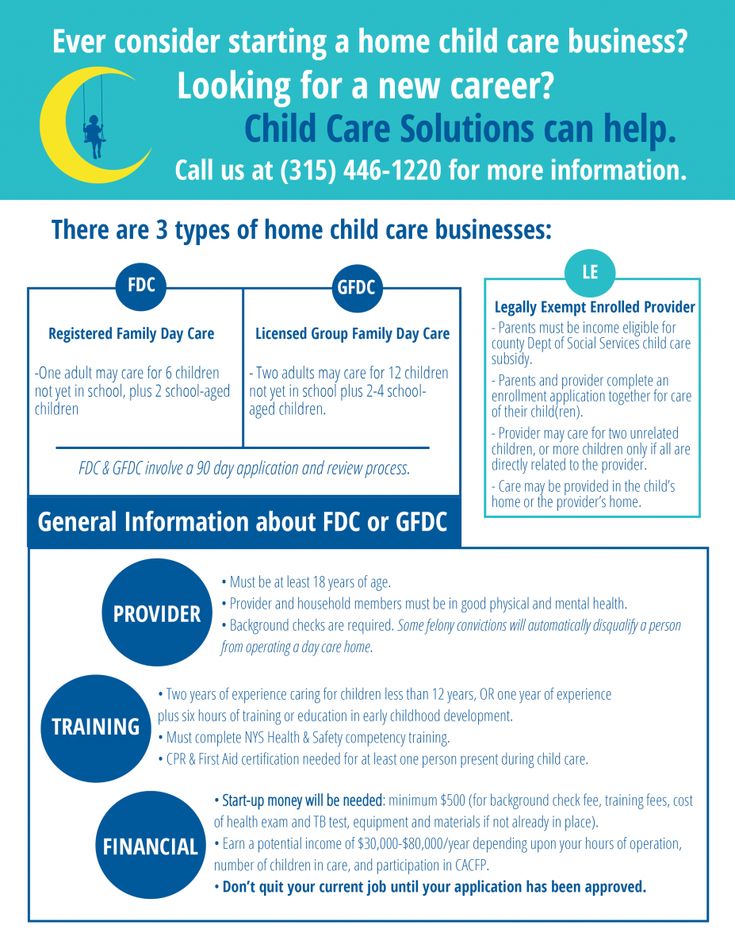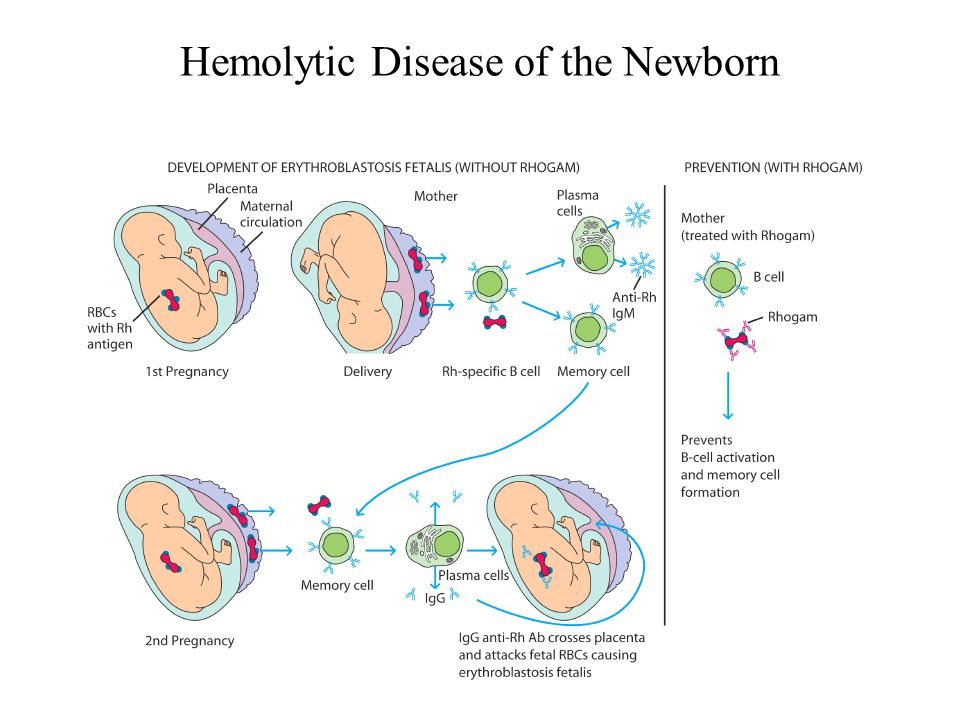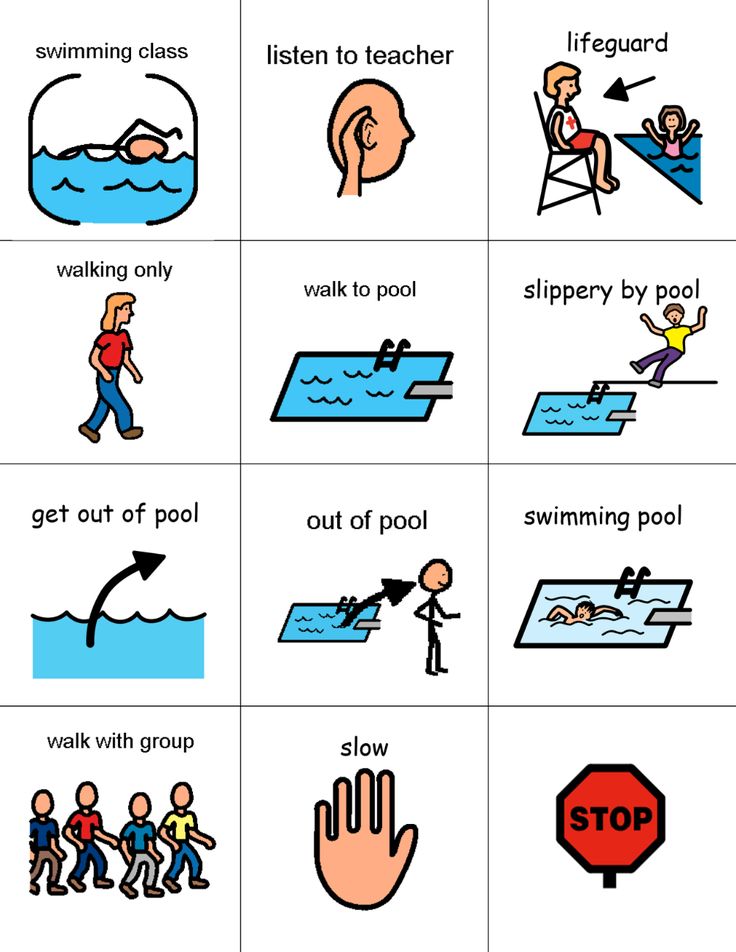How to choose a sport for your child
8 Ways Parents Can Help Choose Sports for Kids
image from Flickr user tbsphotographyWhen kids start to express an interest in sports, it might be hard to know where to start. How do you know if your child is a Steph Curry or a Serena Williams?
Here’s some ways you can help kids find the right sport for them.
1. Child’s activity level
Is your child constantly running about and complaining of boredom? Or do they prefer to spend their free time doing low impact activities like reading?
If you have a high-energy child, consider a fast-paced sport such as soccer, football, or basketball. If they are less interested in contact sports, your child may like individual sports such as golf, tennis or swimming.
2. Consider physical traits
Although many teams need a variety of different players, take into account your child’s stature and what activity may best suit them. Children that are taller and broader might make better football players while those that are shorter and more slender would be great runners.
But don’t let your child’s physical traits limit them from their passions—the only limitations are the ones set in the mind.
image from Flickr user Snap-Happy-Mom3. Check out the coaches
A passion for a sport can fizzle out due to an ill-prepared or off-putting coach.
Some things to look for in a good coach are encouragement, knowledge of the game, and approachability. A good coach is passionate about the sport and dedicated to helping kids do their absolute best. Check out the 10 qualities to look for in a good coach.
Observe the children on the team—are they smiling? Do they seem to be enjoying themselves?
Feel free to ask the coach as many questions as time allows, if they are truly committed to their job they’ll gladly give you feedback.
4. Individual vs. group
Does your child perform better in individual or group situations?
Some kids work better on a team and find it to be less pressure than individual sports where they are competing one-on-one.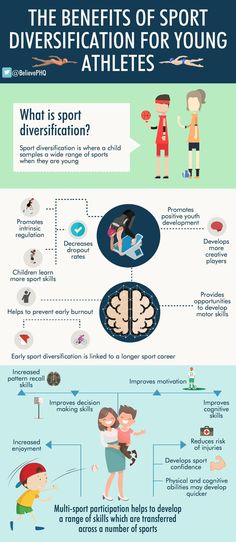 Some might find the opposite to be true.
Some might find the opposite to be true.
If your child is more independent, consider sports like tennis or martial arts where kids compete one-on-one.
5. Widen your options
Try to introduce as many sports to your child as possible so they can see what interests them and what comes naturally.
Kids will have more trouble sticking with a sport if their minds wander to something they’ve never experienced.
Practicing different sports with your child will help open their eyes to their talents and skills. Pay attention to your child’s attitude during each sport and ask them how they feel after playing.
image from Flickr user Boston Wolverine6. What sports does your child like watching?
Some kids can sit through an entire baseball game, excited from beginning to end, while others would rather flip the channel. Chances are if your child can watch an entire sports game from beginning to end they may have an interest in playing it.
Try to introduce your kids to as many sports games on TV as possible and take note of which ones grab their attention. Ask your child what they like about the game and if they can picture themselves playing the same game.
Ask your child what they like about the game and if they can picture themselves playing the same game.
7. Consider costs
Before your child decides to be a star quarterback or a gymnast, do a little research on the costs of the sport.
Things like tennis rackets, soccer cleats, and leotards can be more expensive than you’d think. If your child is eager to start an expensive sport, be sure you have a solid commitment before making expensive purchases.
8. Importance of sportsmanship
Let’s face it: no one likes to lose, but studies show that kids who cope with losing end up more resilient in the face of future challenges. Temperament matters, too; some kids are more graceful losers than others. Read more about promoting self-reliance in kids and teens.
Some kids can find it especially tough to deal with loss in a team setting where there is a shared responsibility for success. Other kids might not struggle as much with this scenario. On the other hand, one-on-one sports like tennis or golf deal with facing personal loss.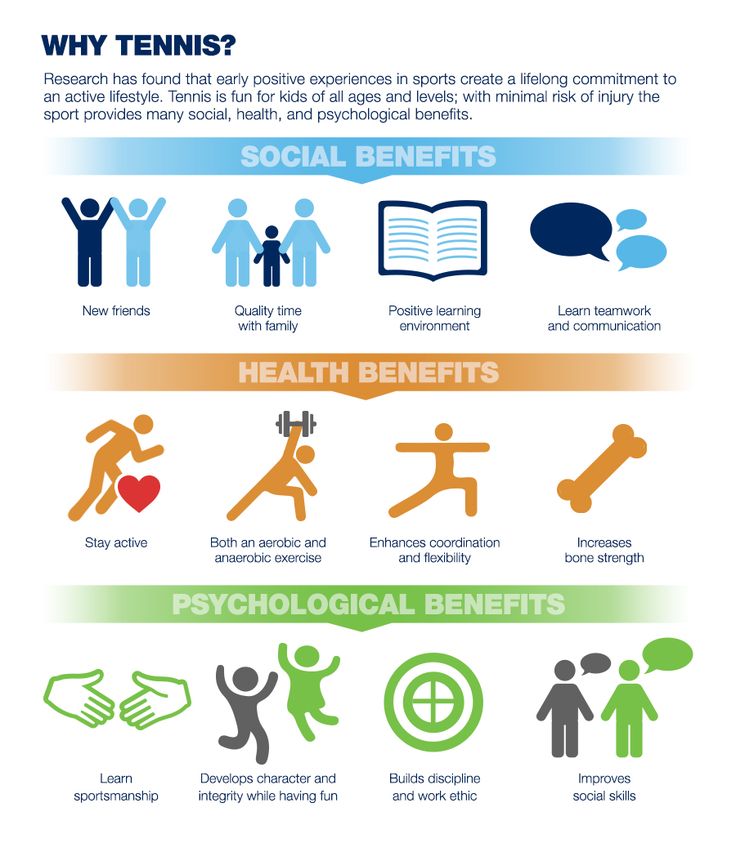 Know which types of challenges your child can handle.
Know which types of challenges your child can handle.
Either way, it’s important to teach your child that winning isn’t everything. Playing to the best of their ability, not holding a trophy, should make them feel successful.
ActivityHero lists hundreds of top-rated sports classes and camps. Find the right match for your family today.
Written by Sarah Antrim
How to Choose a Sport for Your Kid
Did you know active participation in an organized sport can have several positive physical and developmental benefits for children? Not only can it promote a lifelong love of physical activity, but it teaches children teamwork, cooperation and the value of working hard to accomplish their goals.
If you're like some parents, you've been anxiously awaiting the day your child is old enough to participate in organized sports. However, some parents have quietly been dreading the day. The decision to enroll a child in a sport can be overwhelming, especially for parents who haven't done it before. There are so many options to choose from. How on earth is a parent supposed to know how to get your kid to play sports?
There are so many options to choose from. How on earth is a parent supposed to know how to get your kid to play sports?
Whether you're in the first category of eager parents, or you find yourself more in the second group, you're likely to have a lot of questions when it comes to choosing sports for your child. Parents of younger children can find this process especially challenging, since younger children often don't have much exposure to sports. The world of youth sports may take some getting used to. However, you can take some basic steps to help your child enjoy themselves as they figure out where their interests and skills meet.
Benefits of Organized Sports
Organized sports are fun. It's hard to find a person who hasn't enjoyed cheering for their favorite football team or Olympic athlete at some point in their life. We love competition. And, as parents, we also love when our kids are active. But did you know there's more to playing soccer or basketball than just learning how to kick a ball downfield, or dribble one down a court?
Organized sports can also benefit kids by helping them develop motor skills, self-confidence and social skills.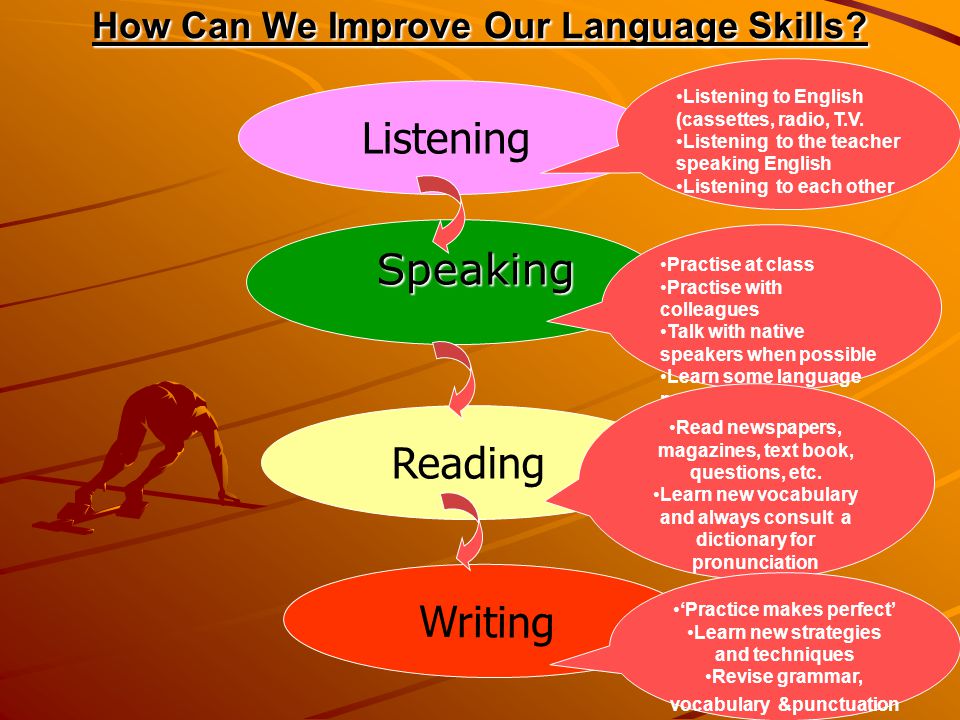 Those all sound like excellent things, but what exactly does that mean for your child?
Those all sound like excellent things, but what exactly does that mean for your child?
Typically, when children participate in organized sports, they come away with a better understanding of how to:
- Correctly play a game, reducing the chance of injury later in life.
- Work hard and practice as the means to improve and succeed.
- Cooperate with people who are different than they are.
- Enjoy sports and value an active lifestyle.
- Gain confidence that comes with learning a new skill or building positive relationships that lead to good sportsmanship and teamwork.
Understating the value of physical activity in children is impossible. In fact, studies have shown involvement in regular physical activity as a child can reduce the risk of certain adult health issues, including obesity, heart disease and diabetes. By teaching children to incorporate physical activity into their daily lives, they learn the value of an active lifestyle, and they have an increased chance of continuing to value physical activity as they get older.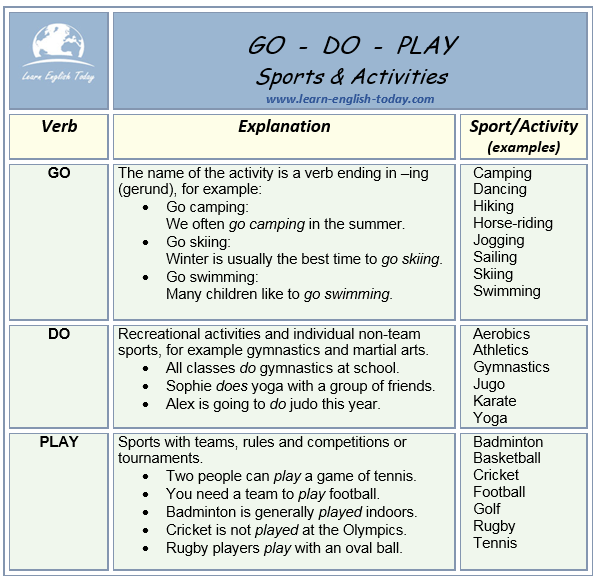
We've all seen the little one standing in the middle of the soccer field picking dandelions and ignoring the action on the field. If you're like most parents, one of the biggest questions lurking in your mind is, "Is my child ready to play sports?"
While some experts say age 6 or 7 is the ideal time for a child to begin sports because they are physically and emotionally mature enough to handle competition, these days, teams are geared toward preschool-aged children!
When it comes to deciding whether or not it's time to sign your child up for sports, there are a few questions to ask yourself:
Choosing Sports for Kids
Some parents will notice their child asking questions about a particular activity or sport, which makes it easy to figure out what to try first. But, if they haven't shown an interest in any specific activity, you may still be wondering, "What sport is best for my child?" There are a few questions parents can ask to narrow down their options.
1. Will my child thrive in a team environment, or will they do better in a sport where they are performing as an individual?
2. Based on their age, which sport is best for my child?
3. What approach do the organization and coach take to organized sports?
Types of Sports
Once you've answered those questions, you can begin to wade through the options with more confidence. As you're considering which option might be the best fit for your child, it's also good to look at how each game is structured and how a child may respond to it.
1. Soccer
This is a great sport for all! It's also something your child can practice on their own when they aren't with their team. Soccer combines team play and individual skills, making it fun for everyone.
2. Baseball
This one, along with its cousins tee-ball and softball, is another excellent game for children. Baseball is also a combination of team play and individual achievement, because each player on the team has a unique role, but the players still have to work together to win the game.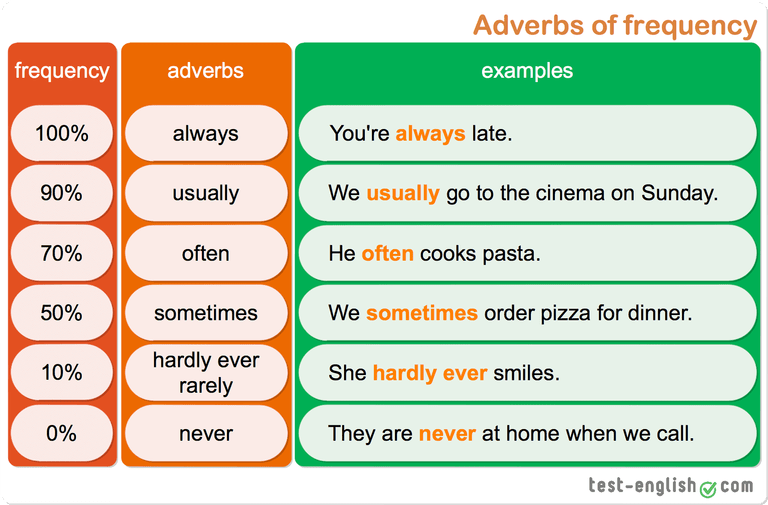
3. Flag Football
Flag football is fun for everyone and a safer alternative for parents who might hesitate letting their children start tackle football.
4. Basketball
Like soccer, basketball is an excellent sport for younger children who haven't played a sport before. It can be a strong option because kids can practice on their own, and of course, with their parents!
5. Gymnastics
Gymnastics offers many positive physical benefits and improves confidence and self-esteem!
6. Martial Arts
By practicing martial arts, participants learn the value of hard work, discipline, honor, integrity, and respect for themselves and others.
How Will I Know If My Child Enjoys It?
When your child is young, playing sports can come with a lot of trial and error. It's hard to know where their interests and talents lie until you allow them the space to explore. As they do that, there are certain things you can do as a parent to guide them through their exploration.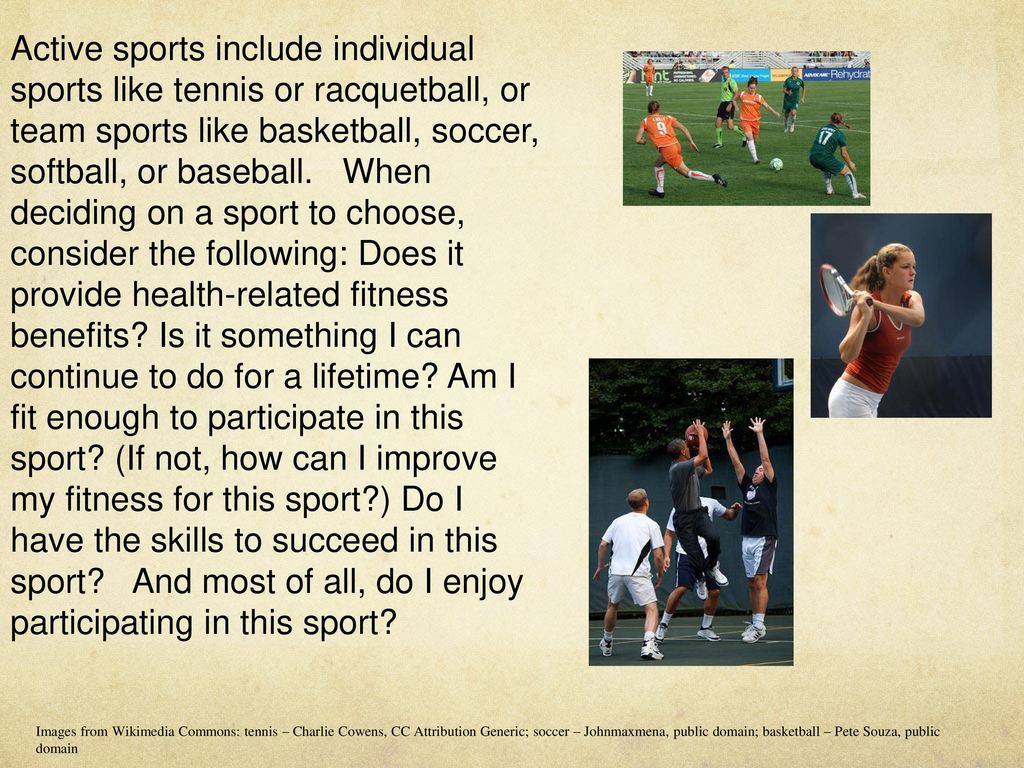 That's why it's important to stay involved with them, not only taking them to and from practices and games, but also practicing with them at home and talking to them about their experiences. There are also a couple of things parents can do to determine how a child feels about a particular sport.
That's why it's important to stay involved with them, not only taking them to and from practices and games, but also practicing with them at home and talking to them about their experiences. There are also a couple of things parents can do to determine how a child feels about a particular sport.
1. Expose them to more than one sport.
The American Academy of Pediatrics recommends children explore a variety of sports and avoid specializing in one particular sport until they are at least 15 years old. That means it's healthy to allow your children to try different sports, as well as other non-athletic activities, as they grow. This approach allows them to enjoy the activity and avoid the pressure and pitfalls that come with an intense focus on one activity at a young age.
2. Watch your child.
Is your child enthusiastic about their sport? That's a sign they love what they're doing. If they're dragging their feet or don't seem engaged, what is the reason behind it? If a sport is beyond their physical abilities, or they are spending too much time on practice and games, you may notice your child seems burnt out.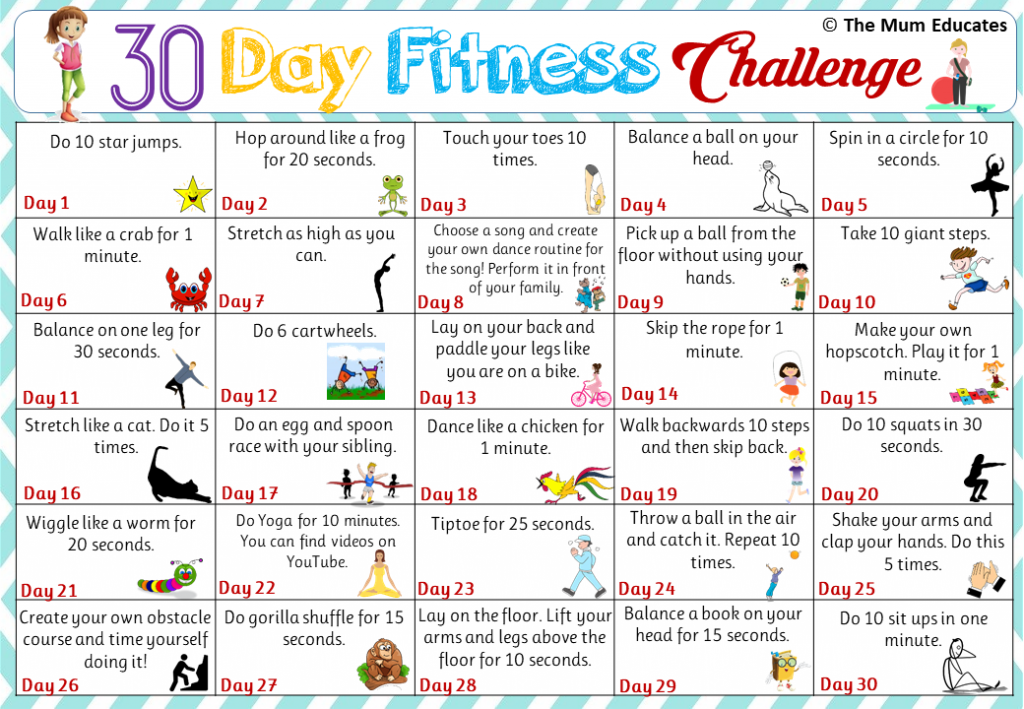
Next Steps
The hardest part of getting your child involved in sports is knowing where to start. There are so many options in so many different places, it can seem impossible to choose one. At the Gateway Region YMCA, we're committed to providing a wide variety of youth sports programs for children of all ages. Y sports promise no try outs, no getting cut and no bench warmers! Every child plays at least half of every game while making friends and learning new techniques. If sports aren't their thing, we can take care of that, too — with our day camps, classes and other youth-centric activities, they're sure to find something that gets them excited. We can help you find the perfect fit for your child. Contact your local Y today!
How to choose a sports section for a child: children's sports
How to choose a sport for a child? Most of our fellow citizens are spinning like a squirrel in a wheel: work, home, work. And for everyday affairs, many do not have enough time even for themselves. Therefore, it is not uncommon for children to be sent to sports sections on the principle of “going in for sports is useful” and they don’t spend much time to figure out in more detail which sport to choose for a child.
Therefore, it is not uncommon for children to be sent to sports sections on the principle of “going in for sports is useful” and they don’t spend much time to figure out in more detail which sport to choose for a child.
Every child has their own talents and predispositions. Genetics conditionally divide people into two types: marathon runners and sprinters. Someone shows good results at short distances, but quickly gets tired. And someone looks weaker, but stands out with special endurance. It will not be superfluous to try different sports disciplines in order to choose the sport for which the child is best disposed.
Benefits of sports for a child
Modern research indicates that if you follow all the instructions, then playing sports does not harm even sick people. Is sport good for a child? Definitely yes!
Most children are hyperactive and cannot use up all their indefatigable energy during the day, especially being within four walls all day.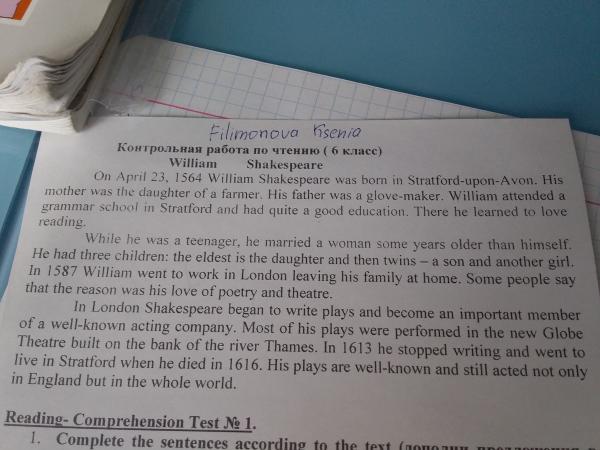 This can make children seem naughty and have difficulty getting to sleep. Regular exercise will properly satisfy the growing body's need for physical activity and stimulate the development of the child's physical abilities.
This can make children seem naughty and have difficulty getting to sleep. Regular exercise will properly satisfy the growing body's need for physical activity and stimulate the development of the child's physical abilities.
Sports can help in the treatment of many weaknesses and ailments. For example, if your child is motion sick in transport, then after only six months of regular sports workouts, this problem will disappear by itself. In addition to the obvious health benefits, playing sports teaches children the basics of discipline, the ability to set goals and achieve them, trains character and willpower. Sports years will give the child the experience of the first victories and defeats.
What to look for
Before choosing a sports section for a child, you must:
- know if the child has contraindications for health reasons;
- find out what the child shows more interest and abilities in;
- to agree with the child about the classes themselves, and not to send him to the section by force;
- Finding a Good Coach: Half the success of young athletes depends on how well their coach performs.
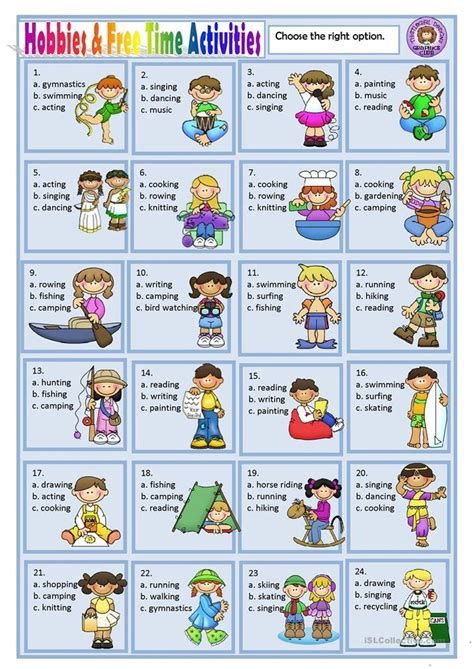
State of health
Sports are diverse and you can literally choose a sports hobby for any state of health. Some sports disciplines have contraindications, but for the most part, sports are open to everyone and only benefit health.
Abilities and skills
Different sports require different abilities from a child and develop different skills over time. Most of these skills will come in handy in many life situations. Also, according to abilities, there are sports for boys and girls. But in the modern world this division is more and more conditional.
Health promotion
Even if you have health problems, you can always find a suitable sport. No matter how different sports disciplines are from each other, they all strengthen physical health, improve overall well-being and are useful for the development of personal qualities. In order to get the maximum benefit from sports and not harm the child's body, you need to know the characteristics of his health, find a good coach and follow his instructions.
Team and individual sports
All sports are divided into personal and team. Team sports include sports disciplines in which the game is meant at least in pairs. Accordingly, personal sports include those sports in which the athlete performs one-on-one or one-on-one with an opponent.
Ask what the child likes
No matter how talented your child is, and no matter how much you want to send him to a certain sports section, the result of this directly depends on the motivation of the child himself. From the point of view of pedagogy, it would be wrong to forcibly impose the interests of the parents on the child, even if he cannot accurately determine his own. Patience plays an important role in any parenting. Awaken your child's interest, let him try different sports and help him choose where to start his sports life. It is quite possible that he will not stop at the very first sports section, and this is normal.
Age
From the variety of sports disciplines, you can choose sports for any age. Almost immediately after birth, swimming is very beneficial. If you are thinking of sending your child to a riding class, then it is recommended to teach him to horses from the age of 4. And from the age of 7-8 you can start doing almost anything.
Almost immediately after birth, swimming is very beneficial. If you are thinking of sending your child to a riding class, then it is recommended to teach him to horses from the age of 4. And from the age of 7-8 you can start doing almost anything.
Gymnastics
Gymnastics is a generalized concept. Gymnastics is a whole complex of sports exercises that underlie many sports. Gymnastics is divided into recreational, applied and sports:
- Wellness (otherwise developing) gymnastics is a familiar set of exercises: somersaults, squats, regular jumps and jumping rope, running, horizontal bar exercises, etc. These are the simplest exercises that are suitable for any age, do not require special skills and do not imply heavy loads.
- Specialized sports schools for mastering specific professional skills are called applied gymnastics. For example, the skills of a fireman, astronaut or pilot.
- Artistic gymnastics includes all gymnastic sports: trampolining, weightlifting and athletics, artistic gymnastics, athletic acrobatics and rhythmic gymnastics.
Football
Who is not attracted by fame and multimillion-dollar earnings? Apart from the general love of our fellow citizens for hockey, football is one of the most prestigious and attractive sports. It would seem that you run fast, skillfully hit the ball and the career of a football player is in your pocket. In fact, few become successful football players.
Before sending your child to the football section, consider whether he has such important traits for this sport: agility, endurance, speed, a tendency to thinness and team spirit.
Swimming
A unique sports activity that is recommended for all children from infancy. Swimming does not require special talents and predisposition. But the benefits of swimming for the development of the child are irreplaceable. Early swimming lessons have a number of positive properties:
- Swimming strengthens the central nervous system, promotes good sleep and increases appetite. Diving while holding your breath improves the blood supply to the brain and stimulates its early development.
- Water is the ideal masseur for the delicate and fragile body of the baby. Its pressure is well suited for massaging the skin of a child, which improves blood circulation, relieves muscle stress and activates skin respiration.
- Bathing is a fun game for a child, improves his mood and reduces moodiness. Swimming is a good way to relax your child and relieve them of stress.
- Swimming, especially at an early age, increases the depth of breathing, ventilates the lungs, promotes the development of strong lungs and prevents the risk of respiratory diseases. Also, fortified breathing better saturates the body with oxygen.
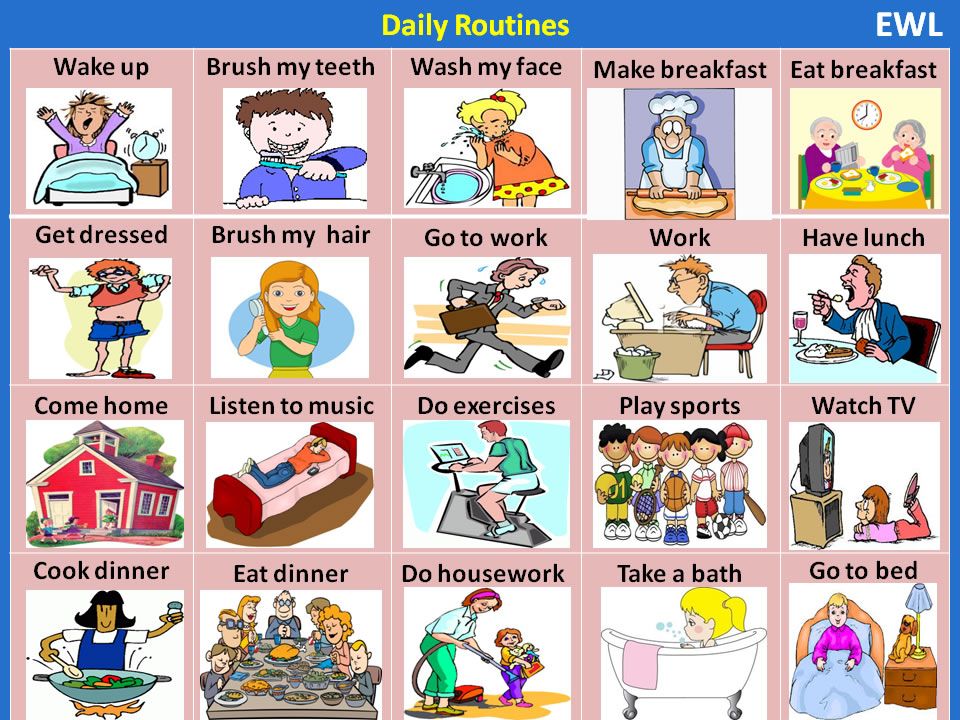
- The natural water pressure of bathing and the horizontal position of the body strengthen the heart and facilitate blood circulation throughout the body.
- Man has to pay dearly for his upright posture. High loads on the spine often lead to various ailments and diseases. Early swimming relieves the burden on the child's spine, improves metabolism in the intervertebral discs, and forms the correct posture. And the natural resistance of water strengthens the entire musculoskeletal system. Children who are engaged in swimming from infancy, before others begin to walk independently.
Hockey
Hockey enjoys special love and respect in our country. Is this enough to give the child to the hockey section? Traditionally, hockey is a traumatic and boyish sport in which there is no place for girls. But since 1994, women's hockey began to develop in the Russian Federation, which since 1998 has become part of the Winter Olympic Games.
Ice hockey develops in a child such personal qualities as: self-organization, responsibility, purposefulness, discipline and strong-willed character.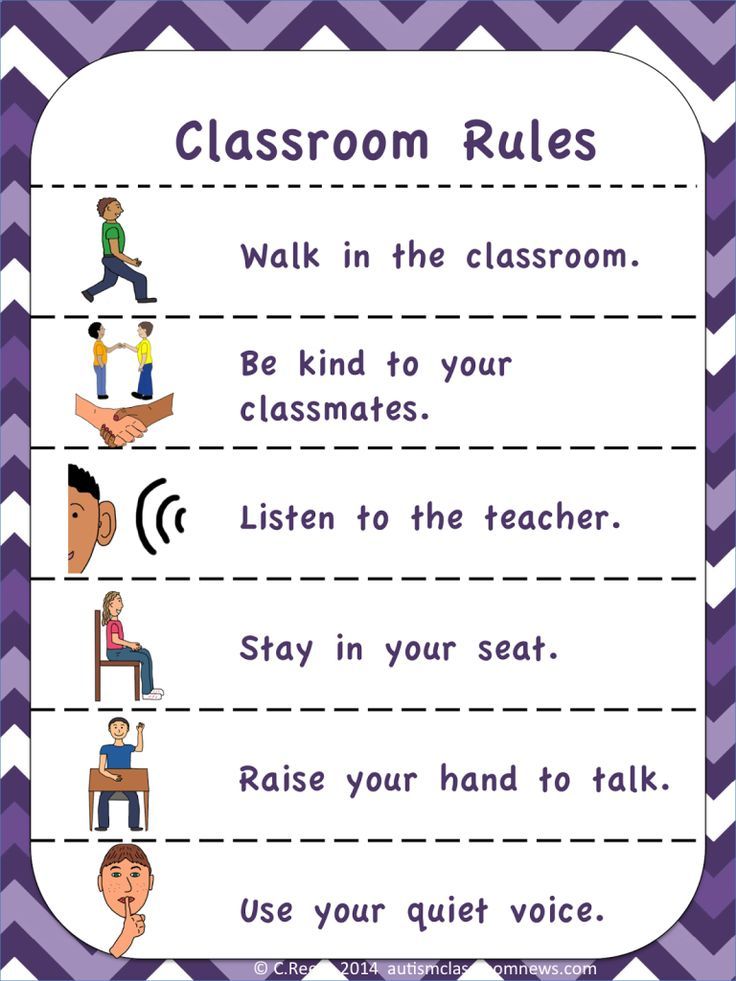
Riding
Horse riding is a controversial but exciting sport. Be prepared for the fact that the passion for this sport discipline is not cheap. Equestrian sports also have a number of contraindications. It is contraindicated in cardiovascular diseases, problems of the musculoskeletal system, kidney and pelvic diseases.
Otherwise, if the cost of this hobby does not bother you, the child sleeps and sees himself on a horse, and his health is suitable for equestrian sports, you can safely send your child to this sports section. Equestrian sport will bring him many pleasant memories, strengthen his physical and mental health, and act as an educational factor.
Figure skating
The benefits of figure skating are somewhat similar to those of gymnastics, hockey, and swimming. As with hockey, frequent exposure of a child to dry ice helps in the treatment of asthma and other respiratory problems. Figure skating, like swimming, strengthens the child's musculoskeletal system, forms the correct posture, develops dexterity, endurance and flexibility.
Judo and Sambo
When choosing between Judo or Sambo, one must choose between the child's hobbies characteristic of these martial arts. Judo has a lot of life philosophy and reflections, this type of martial arts is based on the rejection of violence and uses the energy of the opponent's blow for self-defense. Sambo is similar to judo in many ways, but it has a lot more fighting techniques and is more aggressive in combat.
Tennis
Tennis is well suited to children who show their best results in short distances. It does not force the child to run a lot and evenly distributes physical activity throughout the body. Playing tennis trains attentiveness, reaction and independent decision making. Thanks to training in open spaces and the need to constantly monitor a small ball, playing tennis also has a beneficial effect on the development of vision.
What kinds of sports are suitable for a child
Sports for children are the key to full development, strong immunity and healthy communication. But all this is only right if the sport you choose is right for your child. Which sports are suitable for children today are determined with the help of special tests.
These studies take into account the temperament of the baby, his physical condition and possible contraindications. After passing the test, you will know for sure in which sport your child will achieve good results.
Determine the child's predisposition to sports
When choosing a sport for a child, almost all parents make the same mistake. They give children to the sections recommended by friends, grandparents, or simply at their own request. At the same time, it does not take into account at all whether this section is suitable for the baby himself.
Many go from the opposite, for example, giving a calm son to active sports, and a fidget to chess. As a result, the child simply refuses to go to the circle, because he is not interested and not comfortable. In fact, it is very important to determine the predisposition of a child to a sport. Not only will this avoid reluctance to go to the section, but it will also prevent a possible risk to health, both mental and physical.
You can determine a child's predisposition to sports on your own using online forms, but these results will not be accurate. If you plan to send your child to professional sports, a specialized test must be passed.
Specialized studies determine the appropriate club based on the following factors:
- Age;
- Sex;
- Temperament;
- Interests;
- Physical training;
- State of health.
As a result, you will find out which sports are recommended in your particular case, and which are categorically contraindicated.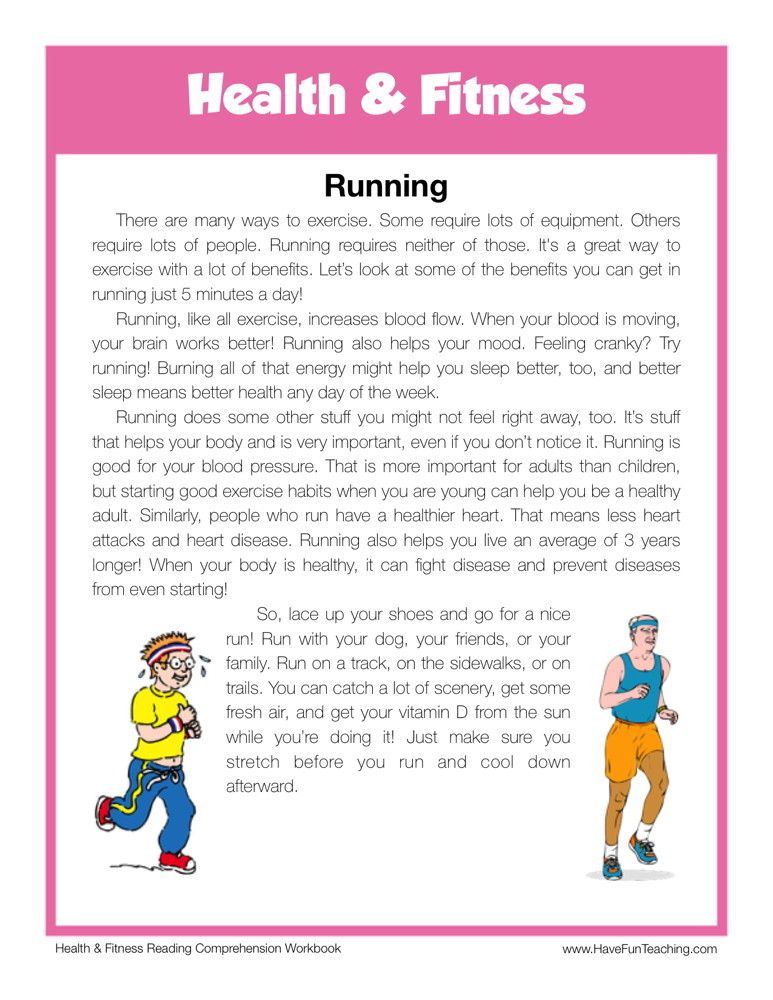 Below is a test that will help determine the appropriate sports for the child on their own.
Below is a test that will help determine the appropriate sports for the child on their own.
When calculating the results, it should be taken into account that this test is of an exploratory nature, and in order to obtain more accurate results, it is necessary to contact a specialized center.
Which sport suits your child - test
Select qualities that match the child's character:
- A - Friendly but not self-confident:
- B - Calm, thoughtful, purposeful;
- B - Inquisitive, cheerful, active;
- G - Likes to be a leader, quick-tempered, restless.
Describe the relationship of the child in the team:
- A - Friendly, he has good relations with the whole class;
- B - He has few friends, he is closed;
- B - There is a best friend;
- G - He has many friends and is always in their company.
How the baby behaves when he starts to lose
- A - After persuasion, he agrees to play more;
- B - Losing upsets him, he refuses to continue the game;
- B - Ignoring the failure continues to play;
- G - Cries and shows aggression.
How the baby behaves on a walk
- A - Plays and has fun with other children;
- B - Can play alone, always finds something to do;
- B - Prefers active games on sports simulators;
- G - Can run without stopping.
If a child is thrown a ball what will be his reaction
- A - Probably won't catch;
- B - Will not even try to catch;
- B - Most likely to catch;
- G - Catch and continue the game.
How the child behaves when doing homework
- A - Difficult start, does not show desire, asks for help;
- B - Does homework independently without parental control;
- B - Does it conscientiously, neatly, tries to do everything faster;
- G - Does not do it neatly, but quickly, is distracted by trifles.
Calculation of results
Answers A predominate
The child is sociable, but not very self-confident. It is undesirable for such a baby to engage in individual sports. Better if he is on the team. He is suitable for any team games, such as basketball, football or hockey.
Answers B prevail
Such children feel great with an opponent one on one. They are thoughtful and prefer to develop the fight strategy themselves. These kids are suitable for any martial arts, fencing or chess.
Answers prevail B
The kid was just lucky with his character. He is outgoing, friendly, inquisitive and loves to be the center of attention. Such children are recommended sports where they can reveal their individuality, such as figure skating, acrobatics or golf.
Answers predominate D
You have a growing fidget who simply cannot sit still. For such children, sports are important, where a quick reaction and a change of pace are necessary. Tennis and similar disciplines are suitable for them.
In order to more accurately determine your child's predisposition to a sport, it is recommended to contact one of the testing centers. Enrollment in these centers is carried out online on the official website of the Mayor of Moscow.
What are testing centers and how does it work
Recently, parents are more and more often recommended to take professional testing in specialized centers, where they can determine which sport is suitable for their child. But not everyone knows what testing centers are and how it works.
Centers for determining the predisposition of children to certain sports is a project of the Moscow Sports Committee. There are 11 centers in Moscow where ages 5.5 to 12 can be tested free of charge.
When visiting the center, you must have a parent's identity document, a child's birth certificate, a certificate from the district pediatrician on admission to physical education and a set of sports uniforms. The test cannot be considered as an entrance exam to a sports school. The study is carried out solely for the purpose of determining the appropriate sport.
The study is carried out solely for the purpose of determining the appropriate sport.
What does the procedure consist of?
The procedure lasts no more than two hours and consists of several stages. After completing all the tasks, parents receive the results in the form of a small list of sports disciplines that are suitable for a particular child. Also, the recommendation will indicate sports that are not suitable for a young athlete for various reasons. These recommendations must be taken into account when choosing a section. Professional testing was developed by leading specialists of the Moscow Department of Sports.
Professional testing
Professional testing includes anthropometric, functional and sports studies. In total, these centers determine the predisposition for 77 safe and traumatic types of sports disciplines.
During the test, the child will have to complete various exercises and answer a series of questions. Before professional testing, parents are required to fill out a questionnaire, indicating the weight and height of the young athlete. You must arrive at the study center 15 minutes before your scheduled time. The procedure consists of the following steps:
Anthropometric examination
Anthropometric examination is a measurement of physical condition. At this stage, experts will determine the weight, height, chest size, body parameters and other physical indicators. The results of this stage form the basis of the following stages of the study. In other words, at this stage, experts determine the predisposition to which sport is inherent in nature.
Function test
Functional testing measures physical abilities such as endurance, balance and performance.
The study consists of four stages:
- Rufier - measurement of heart rate during exercise;
- Step - measurement of endurance of the heart and respiratory system;
- PWC 170 - measurement of endurance with increasing physical activity;
- Romberg - determines the state of the vestibular apparatus and indicators of coordination.
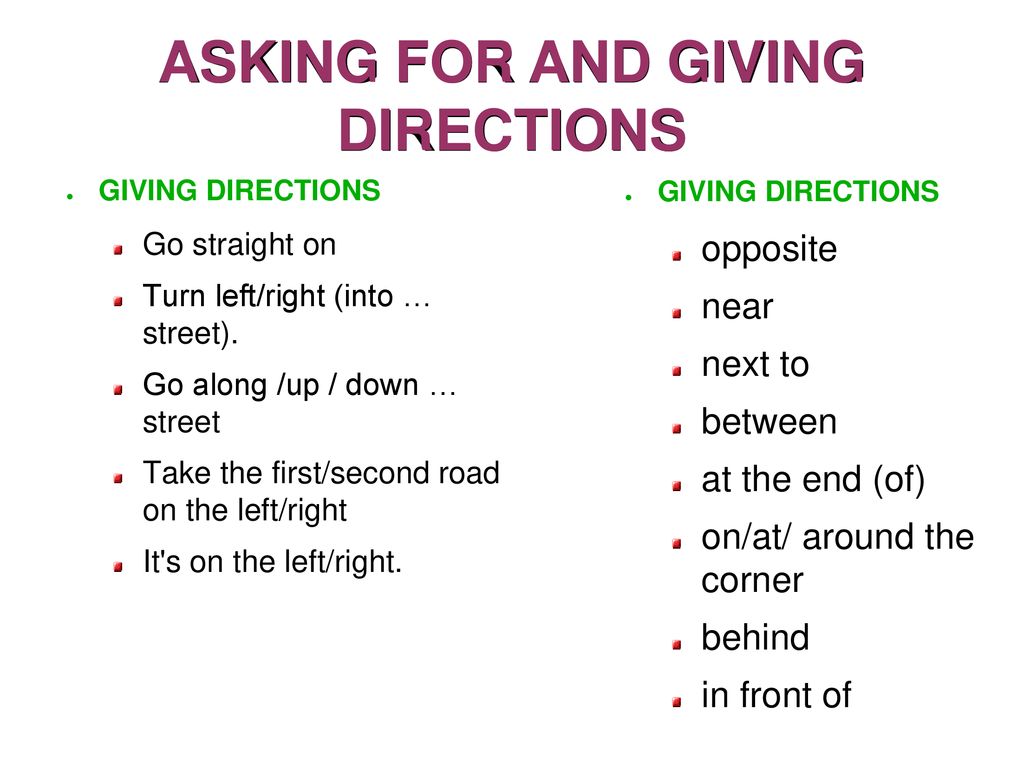
This study is necessary to determine the amount of physical activity acceptable for a particular child. Without this study, there is a high risk of choosing a sport for a child where he will overwork, which will not be beneficial for the body.
Sports testing
Sports testing is aimed at determining the level of physical fitness and readiness of the child to play sports. During the study, it is necessary to perform a number of elementary physical exercises, such as long jumps, squats, push-ups, bends, ball exercises, etc. The speed and number of exercises performed are calculated taking into account the age and gender of the child.
In addition, professional testing includes exercises on reaction speed, memory, attention and questions to determine temperament. The result of the study are recommendations for choosing a sports discipline in which a young athlete can achieve high results.
Online testing
If you are unable to take a professional examination in specialized centers in Moscow, you can take an online test.
